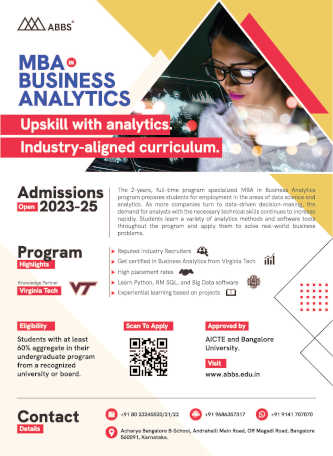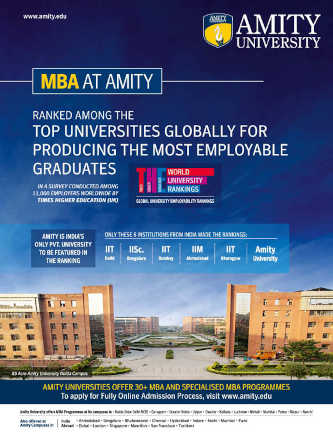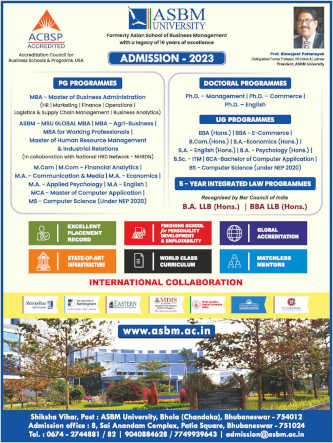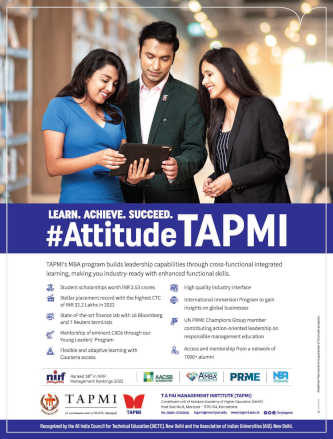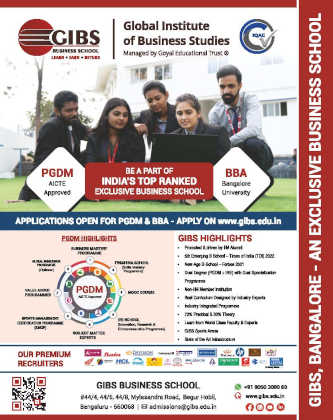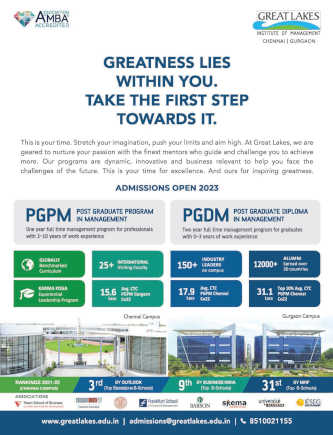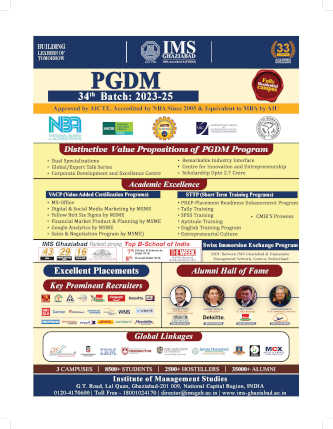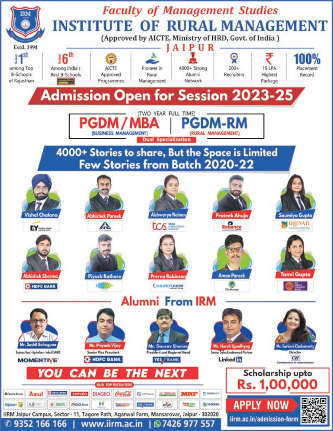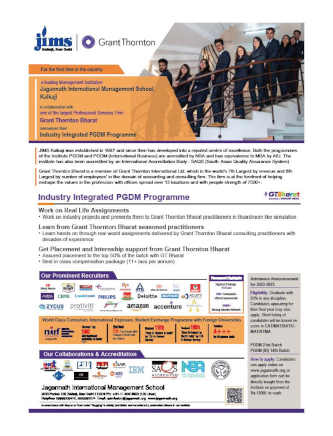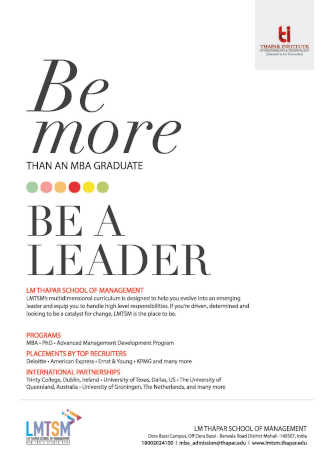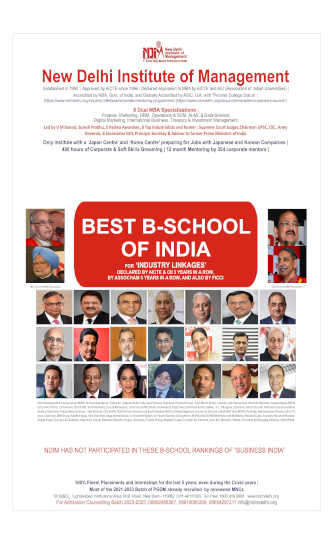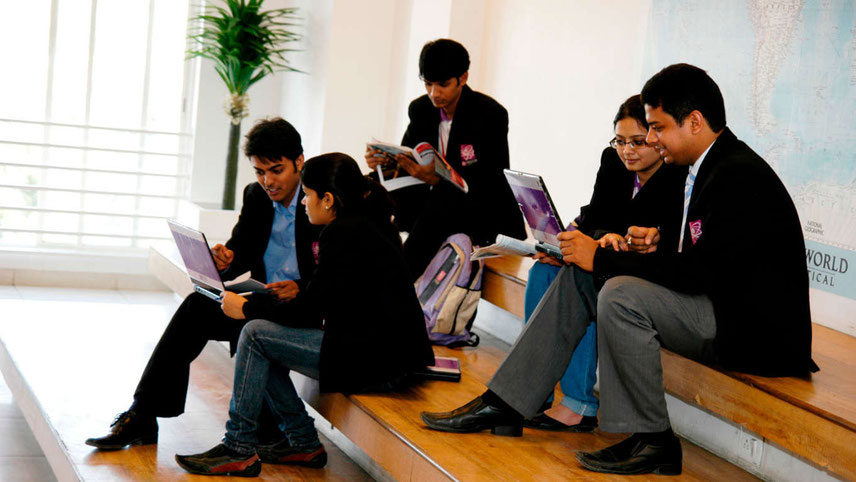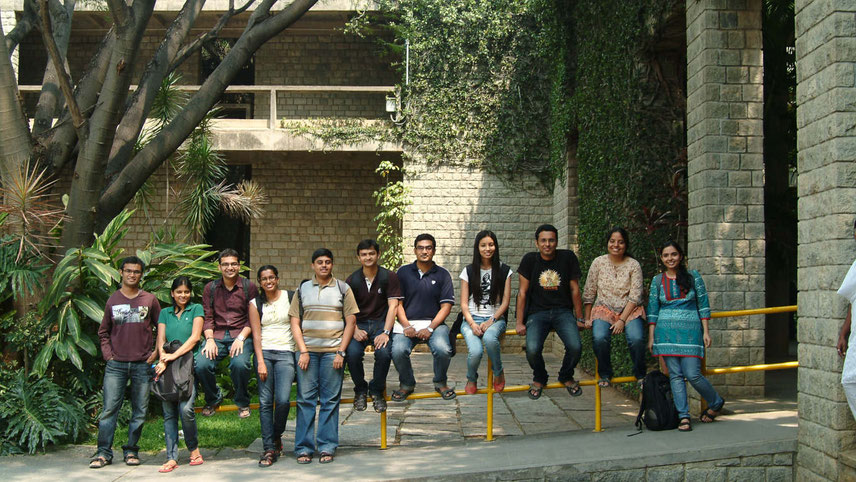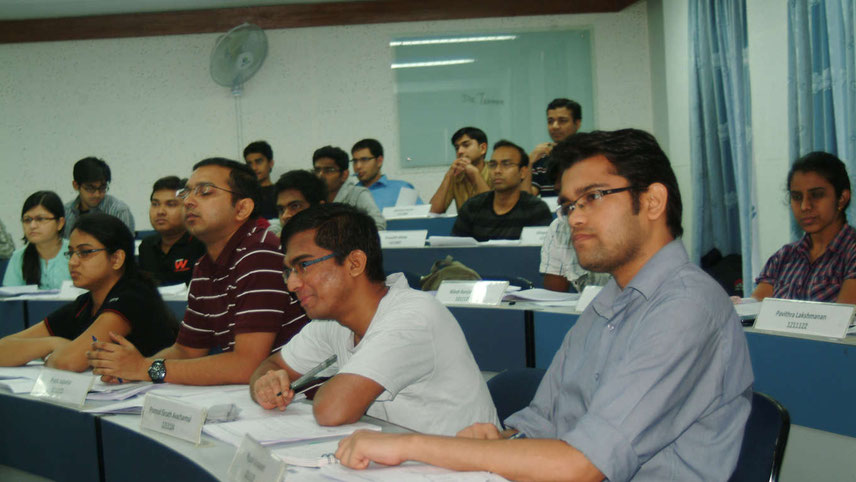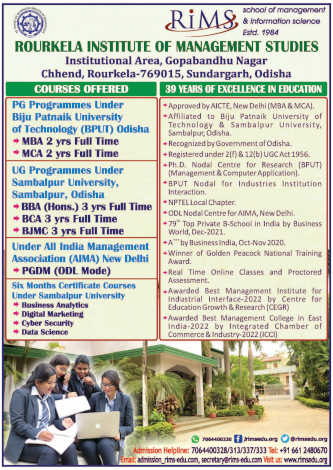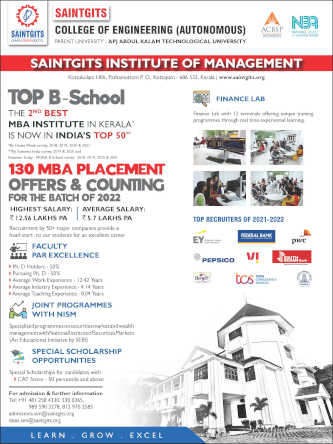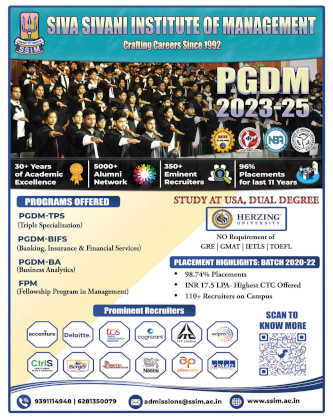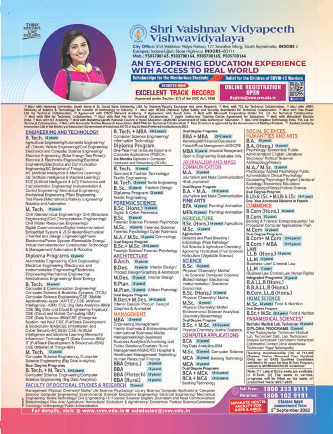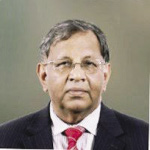
In 1991, India was taking the first steps to liberalise under Prime Minister Narasimha Rao. K.P. Singh, the new head of the India investment centre, wanted to organise a seminar on India in France. My first reaction of course was to rush down to INSEAD (my Alma Mater) and talk to the Euro Asia Centre there. I was quite disappointed to find that they did not think that India was of interest at that point.
I went over to CEDEP, an institution next to INSEAD. Just after my MBA I was a faculty assistant and a number of us had offices there. It was there I met Professor Claude Michaud an Economics Professor at INSEAD who was deputy director general. When I told him about my encounter at the Euro Asia Centre, he said that he felt that India would grow in importance over the next 10 years and wanted me to find him an Indian CEO who could come down and talk to the participants.
CEDEP is a unique institution set up in 1972. The initial impetus was led by L’Oréal’s head of HR, Guy Landon, and François Dalle, CEO. Its three main objectives were to expose managers to a mix of nationalities and industry contexts; provide participants with a contrast between the theories and practice of management; and create a force for change within their companies by establishing a critical mass of managers who had shared a key educational experience.
I looked at the CEOs I had access to and who could perhaps be interested by the CEDEP story. There was Russi Mody of Tata Steel and I knew he came to Paris quite often. He agreed to come down and immediately saw the interest for Tata Steel. Twenty-five years later and Tata Steel is still a member; and the last three CEOs all came out of our programme.
Once Tata joined, Claude wanted me around and I initially ran the simulations and then the General Management Program. This, considering when it was created, was a very innovative programme. There were six modules of two weeks every two months. The idea was participants could go back and try and apply the learnings. This worked well – I had almost 90 people in two classes.


